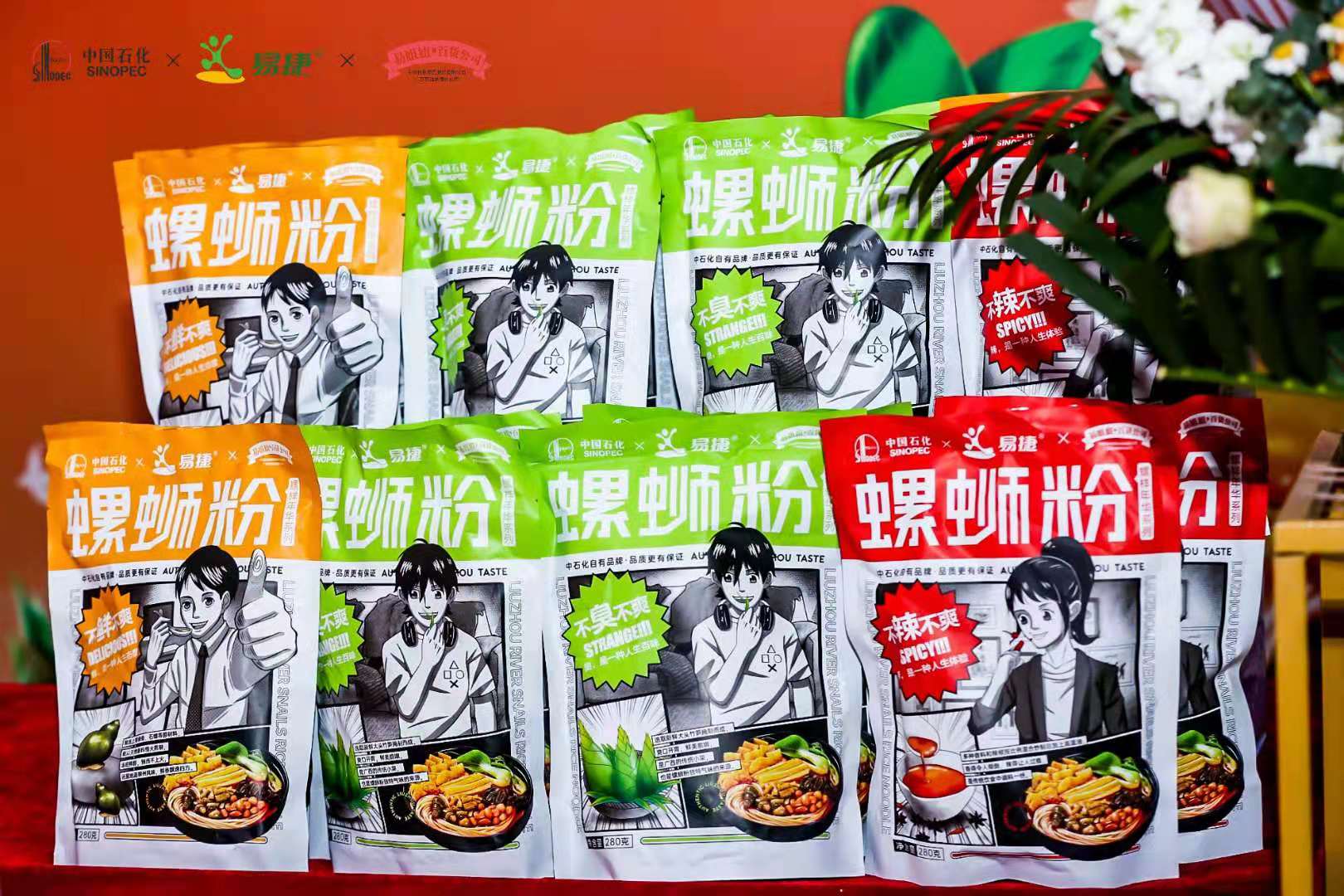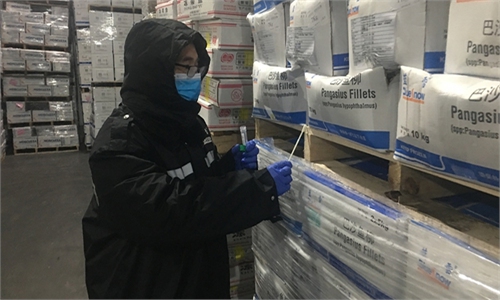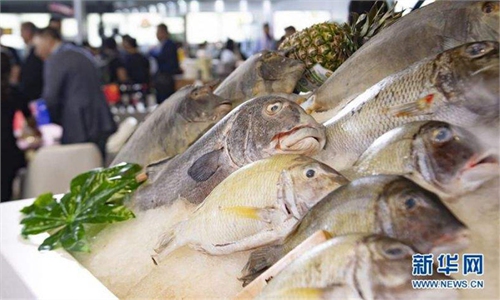
The photo of Sinopec's Luosifen. Phoco : Courtesy for Sinopec Group
Introduced by its Guangxi branch office on Sunday, China's oil refining giant Sinopec Group has dumbfounded netizens by bringing a new product completely unrelated to its expertise to the market - luosifen, a rice noodle product that is arguably one of the most talked-about Chinese street foods representing the city of Liuzhou, South China's Guangxi Zhuang Autonomous Region.
Yi Jiejie, which roughly translates to "Sister Yi," was developed by a 50-person team organized by Sinopec. The team spent around six months visiting reputable noodle shops in Liuzhou and also consulted experienced local chefs in order to "get it right" - in other words, keeping the flavor authentic and ensuring the quality of its side dishes such as pickled sour bamboo shots and the noodle's soul, river snail broth.
The soup noodles come in two varieties instant and slow boil, both of which are priced at nine yuan ($1.39), cheaper than most popular noodle brands on the market.
Sinopec's luosifen is already available online at the company's own retail platform EasyJoy, and it will also head to EasyJoy's brick and mortar convenience stores across the country in the future.
"Hardcore crossover," said a netizen on Sina Weibo.
"I would be even more excited to try this if the seasoning package has the number 92 on it [like at gas stations]," commented another.
Though the company's unexpected maneuver ignited some netizens' high anticipation for the product, others remained conservative, implying that the company was just trying to grab attention; suggesting it to pay less attention on what is "not important."
"'Non-oil related' services and products are also a crucial field for Sinopec. We also developed other projects such as coffee and grocery shopping," Zhu, an employee with the Guangxi branch office of Sinopec's non-oil related business, told the Global Times on Wednesday.
"It is an approach for seeking innovative transformation. Only those things that are close to consumers can essentially allow them to know that Sinopec does have a non-oil related sector," Zhu emphasized.
The oil company is not the only long-established Chinese brand that seeks to undergo creative transformation through crossover collaboration with other industries.
"It reminds me of the phenomenal case in which Six God traditional Chinese herbal perfume collaborated with a cocktail brand to produce green drinkable perfume, and when Big Rabbit milk candy launched a cosmetics line. The same package and feeling on an unexpected product can excite consumers.
They were successful not only because novel ideas can pique consumers' curiosity, they also touched consumer's feelings and emotions, making money by providing them a new experience," Su, a marketer in Chengdu, told the Global Times on Thursday.
Luosifen, thin rice noodles in salty-flavored broth, can of course stimulate both Chinese consumers' senses and emotions as it is well-known for its distinctive odor and mildly sour and savory flavor. It is also the pride of Liuzhou, which can lure eaters national wide to think about trying it.
"I'm excited to try this. I know it is popular because of the internet, but I actually like the taste of it, so I want to try as many different brands as I can," said Wang Yin, a luosifen fan in Chongqing.
"It is like opening Pandora's Box. If you like it the first time you try it, then you will very likely become addicted to it later on," Wang added.
"We'll continue to develop those products but the next one has not been decided on yet. Like the crossover coffee project we had earlier, there will be more in-depth promotion of it or even an actual coffee shop in future," said Zhu.



